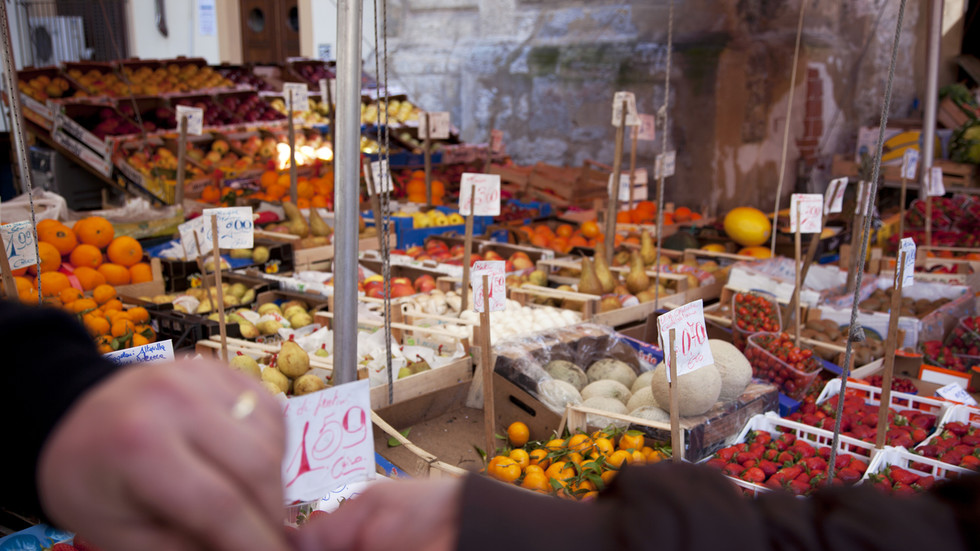
The government has failed to tame food inflation, data shows

© Getty Images / Holly Harris
Measures taken by the Italian government to stem rising food prices have proved ineffective in the fourth quarter, data published by the National Consumer Union (UNC) on Monday showed.
The report revealed that in November, fresh fruit saw the sharpest price increase of 4.4% compared to the previous month, followed by olive oil, which surged by 3%. Butter and pastry prices rose by more than 2% on a monthly basis.
“The data points to a failure of the anti-inflationary quarter. There were virtually no discounts on fresh fruit due to extremely volatile and unstable prices. Noteworthy is the fact that baby food ranked third, having risen in price by 2.9% over the month, and by 12.8% compared to November 2022, even as products for children were specifically mentioned in the [government] protocol,” UNC President Massimiliano Dona said.
Another consumer union, Altroconsumo, previously reported that the living standards of Italian families were falling, as food in supermarkets becomes more expensive by the week. Many consumers are either buying cheaper items or dropping certain products from their shopping lists, the organization noted.
READ MORE: Italians cutting back on food – data
“It is a shame that pasta, the symbol of Italian cuisine, continues to rise in price, despite already astronomical prices,” Dona added.
A survey conducted by the General Confederation of Italian Industry (Confindustria) earlier this year showed that household spending on groceries had dropped 3.7% in 2022, and 8.7% in the fourth quarter of 2022, compared with the first quarter of 2021. Dona described the report as “alarming” and stated that “Italians are on a forced diet due to skyrocketing inflation.”
For more stories on economy & finance visit RT’s business section




